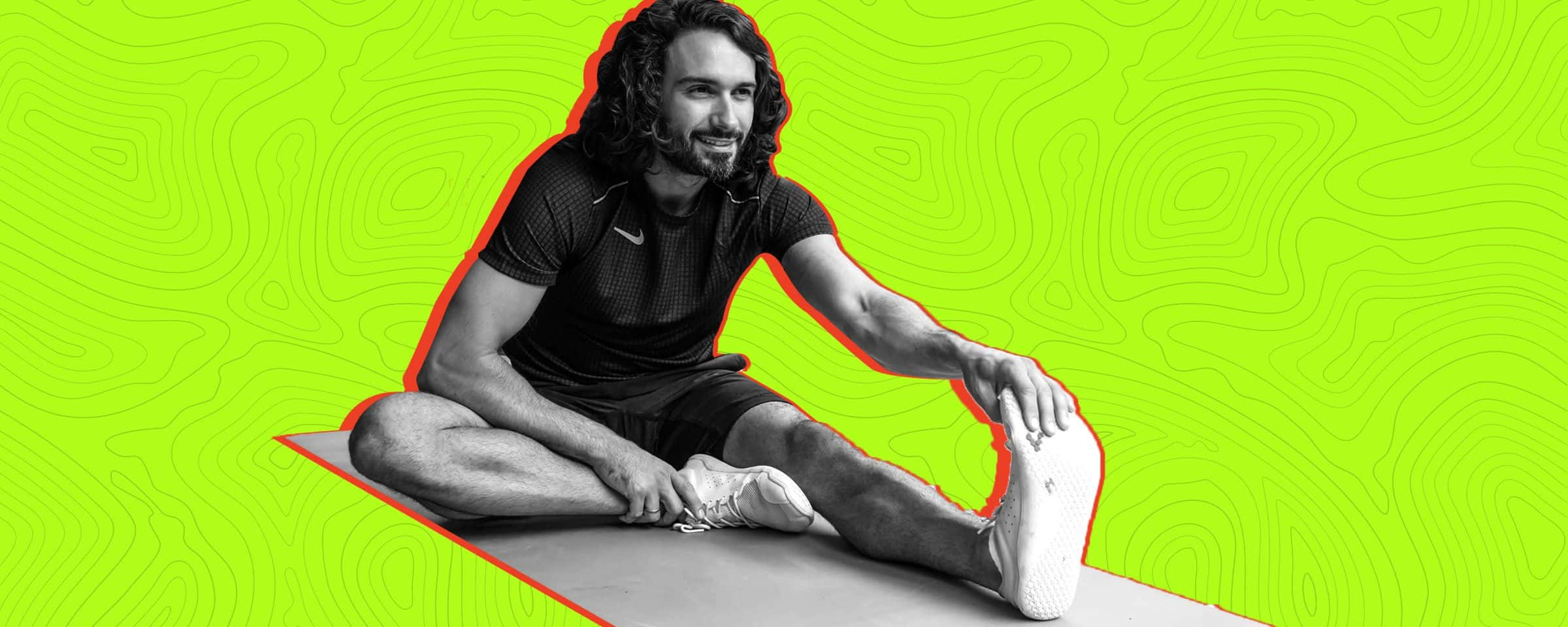Why Recovery Days Are Important for Long-Term Health

Introduction
Abhinav's New Year's resolution was to hit the gym and get shredded. 7 months in, he was pushing through his seventh consecutive day of intense workouts. Every day, all of his friends would see him hit the gym, meal prep, get to his protein count, and look at him with amazement and wanted to be as dedicated as him.
One day, as Abhinav struggled to complete his usual squats, his coach walked over to him with advice that changed his perspective on fitness forever: "Abi, sometimes, less is more. Your body needs rest to grow stronger."
That might have surprised him initially, but it was just the beginning of his journey to becoming the next Olympia Strongman.
The Science Behind Muscle Repair
When you work out or exercise, especially during weight training, microscopic tears are created during the session. This process, known as muscle hypertrophy, is essential for muscle growth. However, contrary to popular belief, the actual growth and strengthening of muscles takes place when you rest and recover, not during the workout itself.
Let's see a step-by-step on how muscles repair and grow:
The Minuscule Tears: When you do weight training or resistance workouts, your muscles are under stress, which causes micro-tears in their fibers.
The Response: Have you ever felt sore after a workout? Your body responds to these microtears with an inflammatory process, which helps clear out damaged cells and initiate healing.
Protein Production: When you rest, your body synthesizes more protein, which repairs and rebuilds your muscles to handle the hard workouts better. This is why you see people buying kilos of whey protein.
Hormones: Rest periods also allow your hormones to function properly. Hormones, like growth hormone and testosterone, play a big role in muscle repair and growth.
Recovery Benefits: Why Rest Days Are Essential
Now, we know the main benefit of resting. But many more benefits come with resting. Let's take a look at them:
Injury Prevention
When you train too much without rest, you risk injury. This is exactly why the person writing this tore his ACL. Overworked muscles, tendons, and ligaments become more susceptible to strains, sprains, and stress fractures, and rest days give these tissues the time to recover and strengthen, reducing the risk of injuries.
Improved Performance
When you rest, you can lift more in the gym! Sounds crazy, right? But when you're well rested, your energy levels are higher, and your muscles are more responsive, which allows you to have more strength and endurance and improve your workouts!
Mental Reset
Rest days aren't just for the body; they're also for the mind. Constant training can lead to mental fatigue and burnout. So, take a break, rejuvenate the mind, maintain motivation, and avoid drab workout days!
Immunity Buildup
When you constantly hit the gym, your body could have a suppressed immune system, making getting sick easier. Imagine getting constantly ill after having your favorite street pani puri. That can't be you, right? Rest days help restore immune function, ensuring you remain healthy and resilient.
Hormonal Balance
Exercising changes your hormone buildup, including cortisol, the stress hormone. High levels of cortisol over long periods are counterintuitive, as they reduce muscle breakdown and fat retention. However, when you rest, you balance your hormone levels, allowing optimal physiological function.
Cardiovascular Health
Continuous training without adequate rest can strain the heart and other cardiovascular systems. In a world of vaping, you don't want another reason to mess up your heart. Regular rest days can help reduce this strain, promoting heart health and a long life.
Balancing Work and Rest: Finding the Optimal Workout Schedule
So now, it might be a bit confusing? How much do I work out? And how often should I take a rest day? And what's the most optimal way to become big and strong? Before you give the basic answers, take a look at yourself first:
Listen to Your Body
Pay attention to what your body is telling you. If you ever feel sick, tired, sore, or you find yourself not being able to lift as much as you usually can, take some rest! These are indicators that your body needs time to recover.
Plan Your Rest Days
Include planned rest days in your workout schedule. Let's say you work out five days a week. Let the other two days be rest days. And if you itch to get off the couch, do some low-intensity workouts like yoga and stretching! This approach ensures that rest is part of your routine.
Active Recovery
Now, when we say rest days, don't picture sitting in bed, inhaling your Lays, and bingeing The Boys. Active recovery involves doing some basic exercises and stretching to get your joints flexible and improve blood flow around the body. You can even try walking, swimming, or gentle cycling without adding a lot of stress to the body.
Periodization
This is essentially having phases to your workout that include phases of intense training followed by phases of rest and recovery. This method is great as it allows you to hit peak performance and growth while lessening the risk of training too much.
Importance of Sleep
Sleep is the silent gem of rest and recovery. Ensure you get 7-9 hours of sleep every night, as it supports muscle repair and mental clarity and just makes you generally healthier and more energetic. Sleep is when the body does much of its repair work, so try not to spend too many nights on Ultimate Team.

Signs of Overtraining: When Should You Take a Step Back
So, how do you know you're doing too much, and when should you take a step back and pop a chill pill?
Physical Signs
1. Persistent Fatigue: Feeling constantly tired, even after a good night's sleep, could mean you're training a bit too hard.
2. Decreased Performance: If you feel you can't lift as much or run as far, or if your workout performance just isn't the same, try lowering your intensity.
3. Frequent Injuries: If you're constantly pulling a muscle or getting hurt, you're probably not giving yourself enough time to rest.
4. Delayed Recovery: If you always feel sore or still hurt after a few days, you probably need to take a few more days off and consistently rest.
Mental Signs
1. Lack of Motivation: If you're not feeling the gym, or if it doesn't hit the same, you're likely burnt out.
2. Mood Swings: If you're irritable, anxious, or depressed, have a Snickers and take some rest.
3. Difficulty Sleeping: Trouble falling asleep or staying asleep despite feeling tired? Maybe lay off the gym for a day or two.
Taking Action
If you experience any of these signs, it is essential you take a step back and allow your body the time it needs to recover. You might need to take a few extra rest days, reduce your workout intensity, or maybe even consult with a fitness professional for guidance. Trust us, you won't regret it.

Conclusion: Rest Days for Maximum Gains
Abhinav's coach was right all along. Why else would he be a coach? Remember that rest days aren't a sign of weakness, and even the strongest of us need to relax. How else can you explain why bears hibernate for months and come out more vital than ever?
Find the right balance between rest and workouts, and maximize your gains like never before.
Rest days are your body's way of saying thank you for the hard work. They are the bridge connecting your efforts to your results. Embrace them, and your fitness journey will become more sustainable, enjoyable, and ultimately successful.


30 Effective Kettlebell Exercises for Every Workout

Young People Facing Lifestyle-Related Health Issues

Busting the Spot Reduction Myth – Understanding Fat Loss


